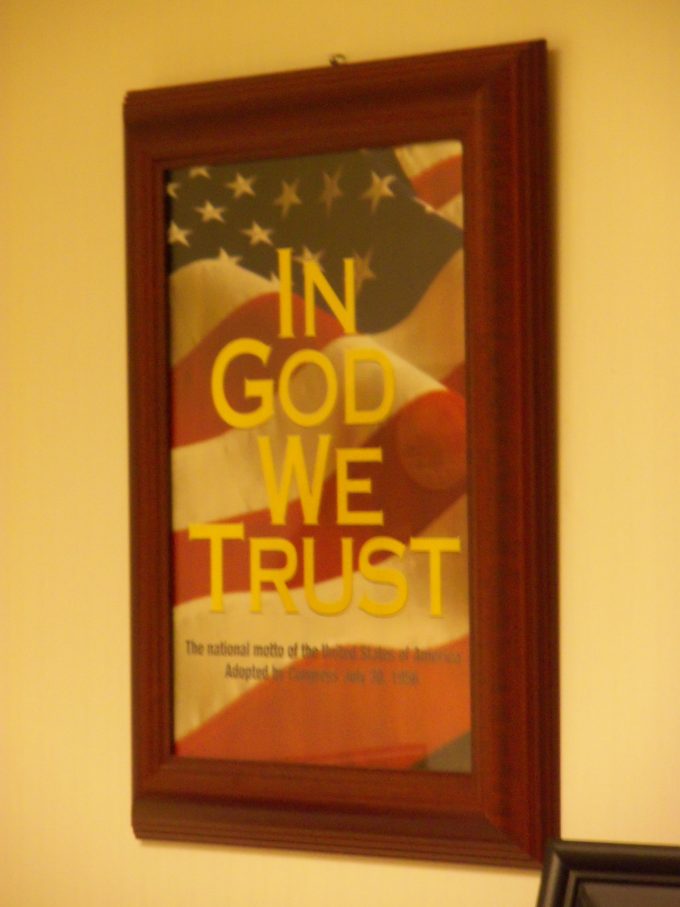
Friday, 2 February 2018
Do not lay hands on anyone hastily, nor share in other people’s sins; keep yourself pure. 1 Timothy 5:22
Various ideas have been given about what “Do not lay hands on anyone hastily” means. Some equate this with the laying on of hands for healing. Others say it is concerning the absolution of sins. Neither of these fit the tenor of what Paul has been referring to in the pastoral epistles. Rather, it is quite clearly referring to the ordination of others into the ministry. The laying on of hands for Timothy was referred to in verse 4:14 and in 2 Timothy 1:6. The laying on of hands for special ministry purposes is mentioned also in Acts 6:6 & Acts 13:3.
The laying on of hands in this way does not impart to the individual some type of power he had not previously possessed, it does not give “more” of the Spirit to the individual, and it is not a type of talisman (as some churches seem to infer) giving them the apostolic authority which has been passed down from generation to generation. Each of these are unscriptural, and without any basis at all, except what was conjured up from the heads of those who want to appear more “spiritual” than others.
The laying on of the hands is simply a formal pronouncement, and a solemn act which acknowledges that a person is to be set apart for the glory of the Lord. Like baptism, it is a sign intended to relay a truth to the world of a certain, already existing, state of things. This is why Paul then states, “nor share in other people’s sins.” If laying hands on another for ordination injected that person with super concentrated Spirit juice, there would be no need for Paul to include the one ordaining in a warning about laying on of hands. But by laying hands on someone who is not fully qualified, and whose sins are evident, the one ordaining actually shares in the sins of the one ordained.
As he works in the ministry, sinning and performing in an unrighteous manner, the person who ordained him bears the responsibility for his actions in allowing the miscreant into the ministry in the first place. This is exactly why the Roman Catholic Church, the Anglican/Episcopal Church, and a host of other churches have gone the way of complete apostasy. They ordained those who should never have been considered for ordination, and together they reap what they have sown.
Instead of following such an unholy course of action, Paul admonishes Timothy to, “keep yourself pure.” The decisions Timothy must make include ordaining ministers, deacons, elders, missionaries, etc. In carefully evaluating each person, praying over them, testing them according to the guidelines given in the pastoral epistles, and etc., Timothy would keep himself pure, and he would be free from sharing in the sins of others.
Life application: The laying on of hands for ordination does not make a person holy. Rather it is to be an acknowledgment that the person has lived in a holy manner and is acceptable to be ordained and set apart for service to the Lord. In ordaining perverts, greedy people, and any others who are specifically unqualified according to Scripture, the church does not gain a good new minister. Instead, it gains a new problem, and it heads quickly down Apostasy Avenue and onto Heresy Highway. It is better to have nobody to fill a job in the ministry than to fill that job with a moral minuscule.
Lord God, may our churches learn to be wise in who they ordain to the ministry. Ordination is not a way of obtaining holiness. The one ordained, if not already living according to Your word, will only continue down his depraved path. May our churches go to Your word, and then carefully evaluate what ordination requires. Only then should they choose men who are qualified according to those guidelines. There are enough deviants in the pulpit. May they be replaced with men of God whose hearts are set on honoring You. Amen.




